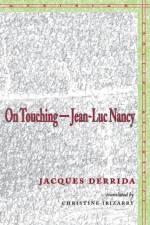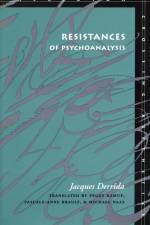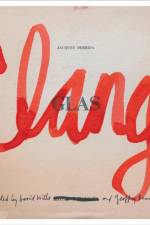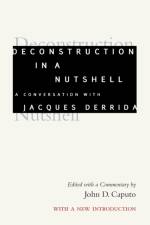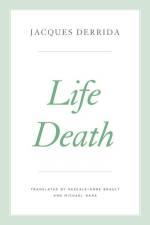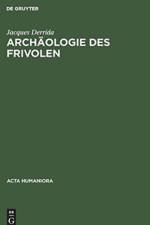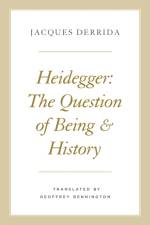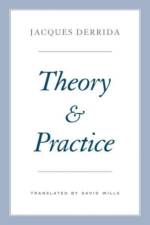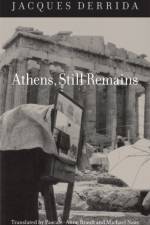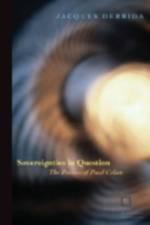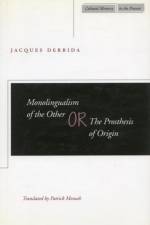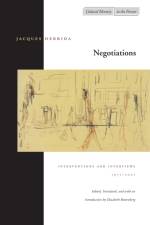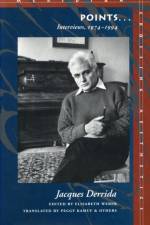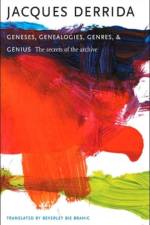av Jacques Derrida
539,-
""One only ever asks forgiveness for what is unforgivable." From this contradiction begins Perjury and Pardon, a two-year series of seminars given by Jacques Derrida at the âEcole des Hautes âEtudes en Sciences Sociales in Paris in the late 1990s. In these sessions, Derrida focuses on the philosophical, ethical, juridical, and political stakes of the concept of responsibility. His primary goal is to develop what he calls a "problematic of lying" by studying diverse forms of betrayal: infidelity, denial, false testimony, perjury, unkept promises, desecration, sacrilege, and blasphemy. Although forgiveness is a notion inherited from multiple traditions, the process of forgiveness eludes those traditions, disturbing the categories of knowledge, sense, history, and law that attempt to circumscribe it. Derrida insists on the unconditionality of forgiveness and shows how its complex temporality destabilizes all ideas of presence and even of subjecthood. For Derrida, forgiveness cannot be reduced to repentance, punishment, retribution, or salvation, and it is inseparable from, and haunted by, the notion of perjury. Through close readings of Kant, Kierkegaard, Shakespeare, Plato, Jankelâevitch, Baudelaire, and Kafka, as well as biblical texts, Derrida explores diverse notions of the "evil" or malignancy of lying while developing a complex account of forgiveness across different traditions"--

